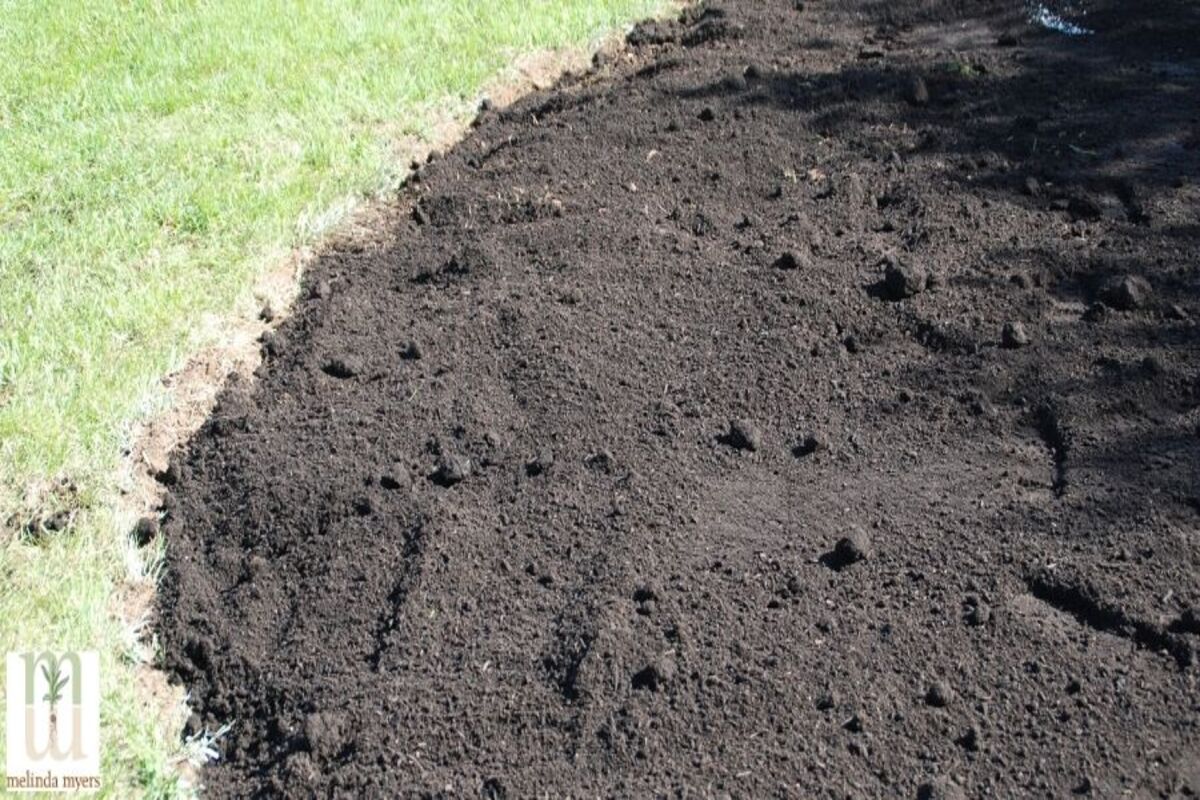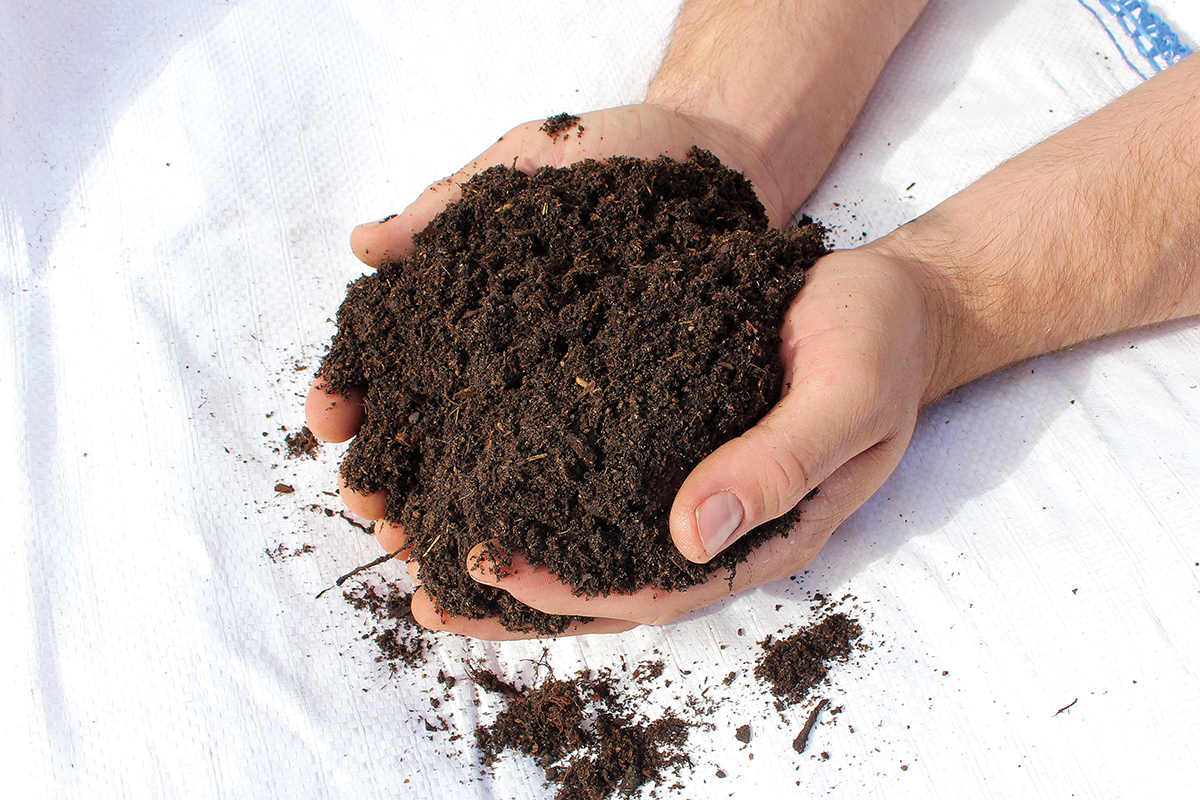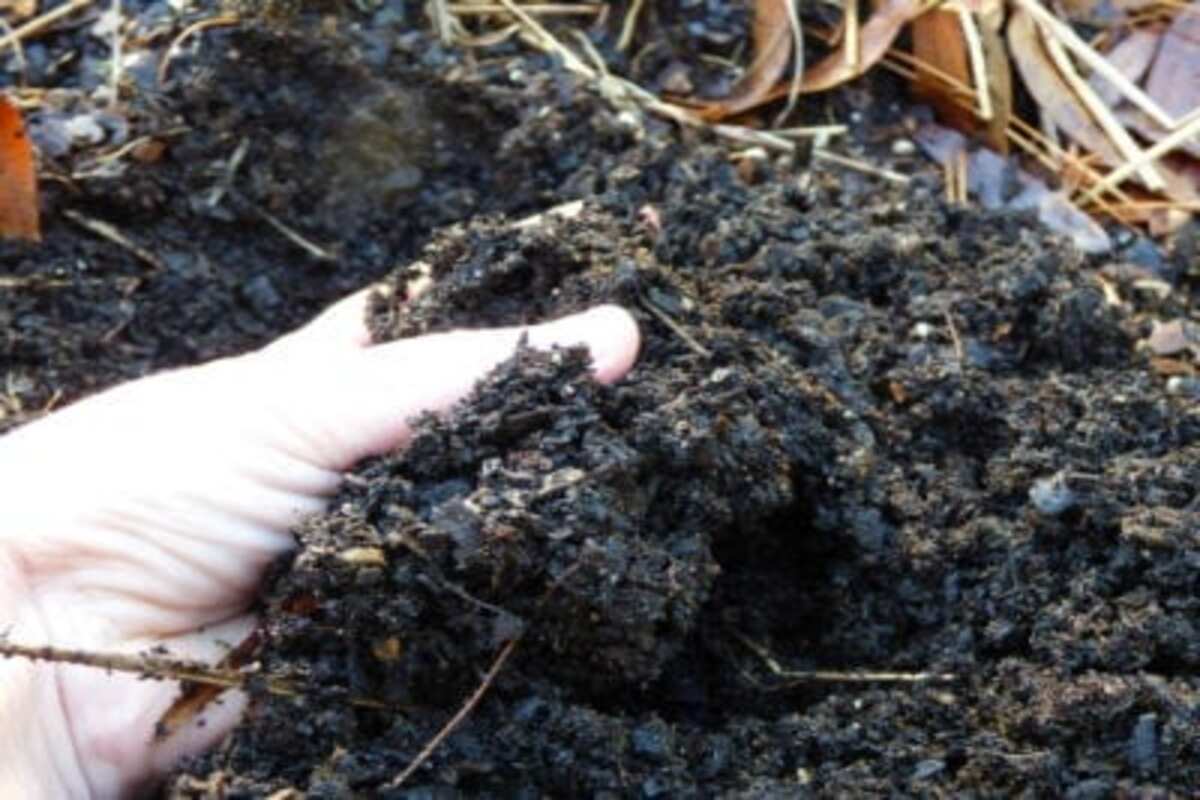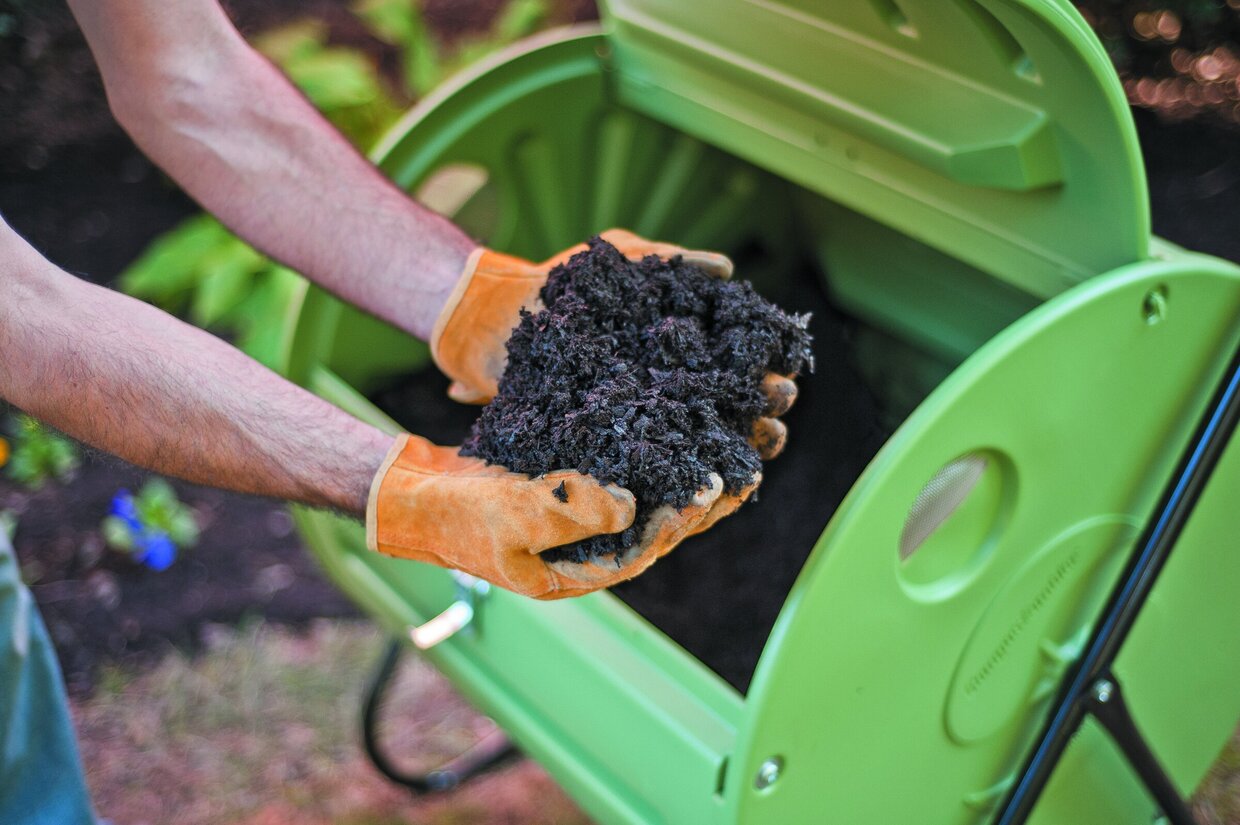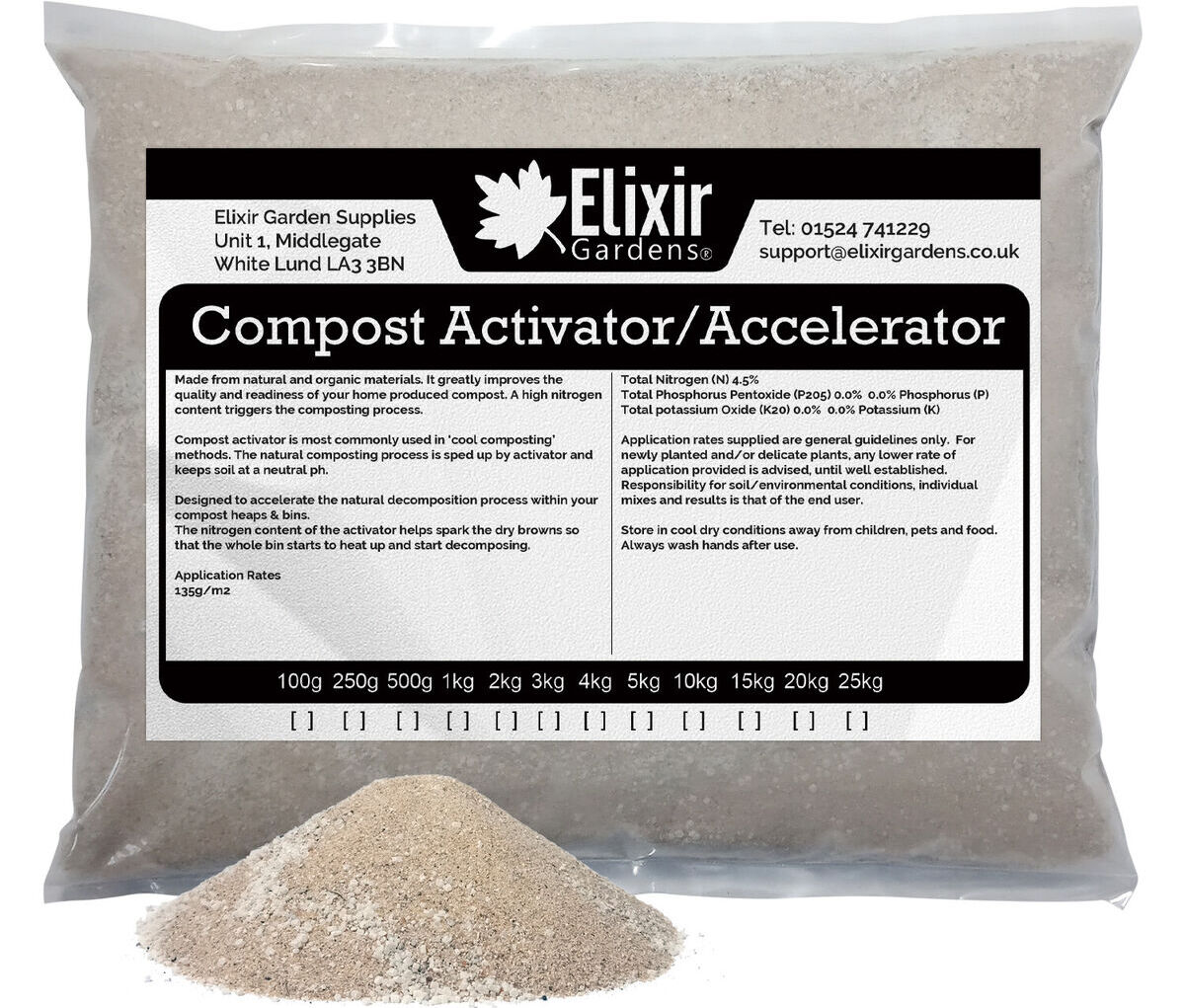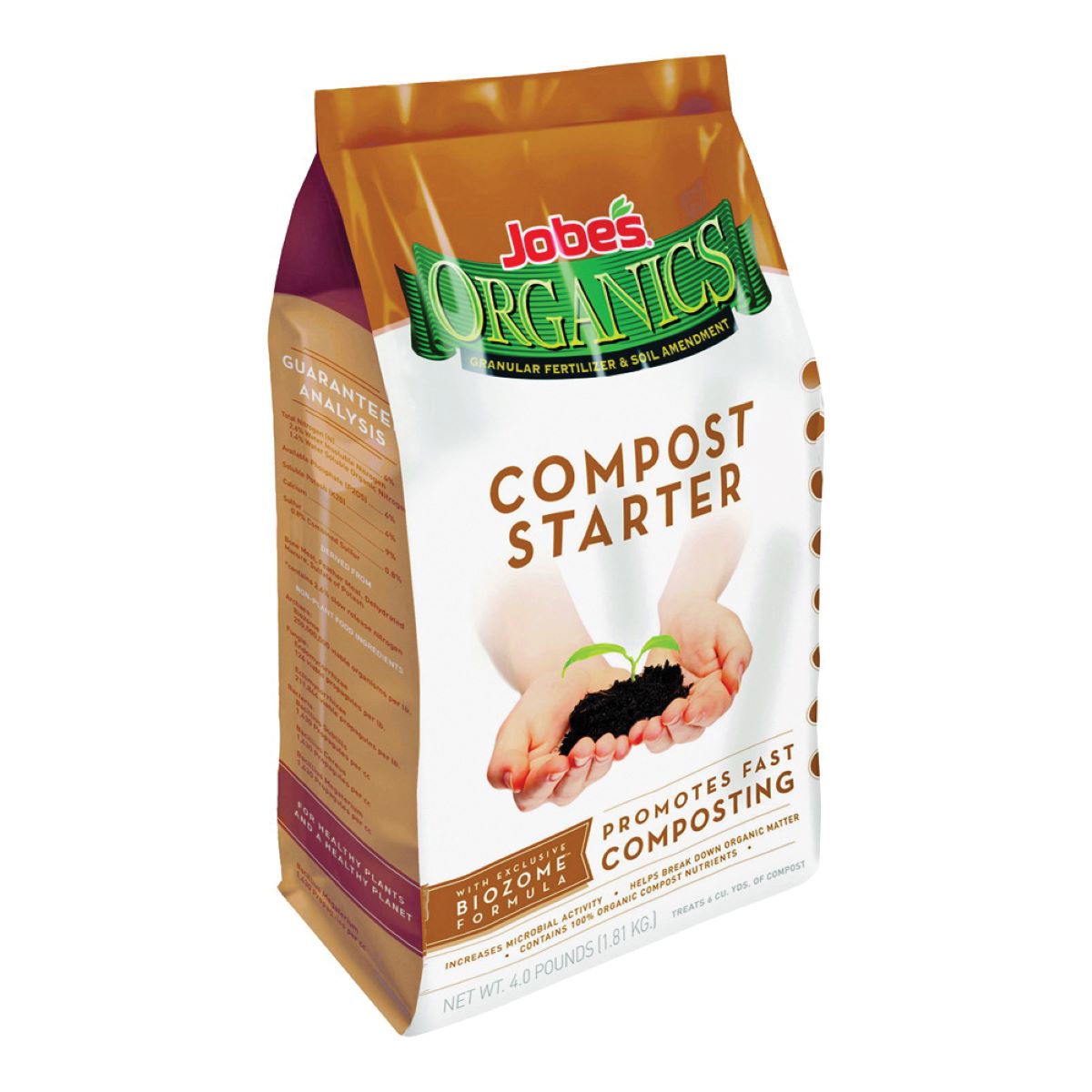Home>Reviews>Product Reviews>What Is The Best Compost To Buy
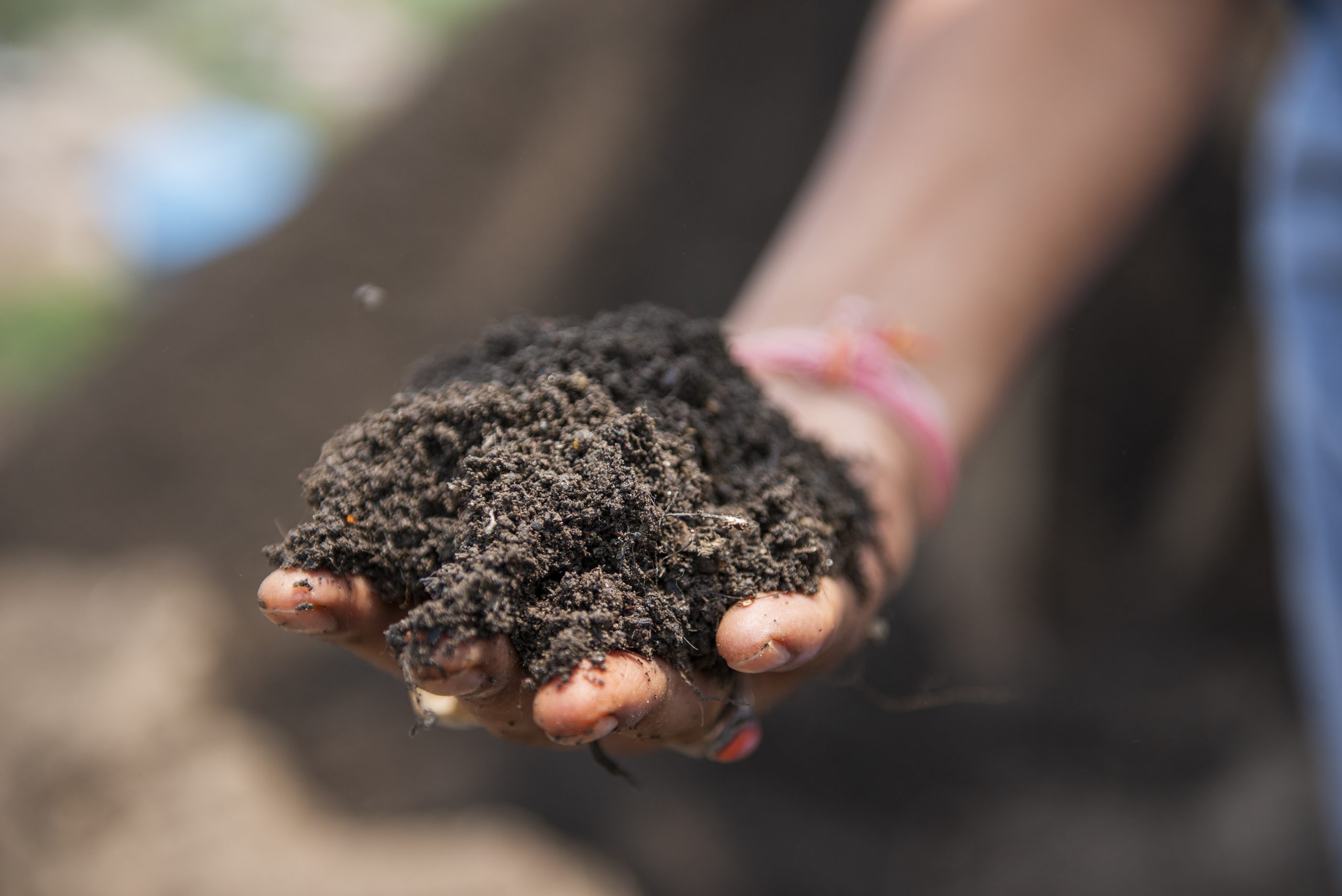

Product Reviews
What Is The Best Compost To Buy
Modified: February 9, 2024
Looking for the best compost to buy? Explore our comprehensive product reviews to find the perfect compost for your gardening needs.
(Many of the links in this article redirect to a specific reviewed product. Your purchase of these products through affiliate links helps to generate commission for Chicagolandgardening.com, at no extra cost. Learn more)
Table of Contents
Introduction
Welcome to the world of composting! If you’re looking to improve your garden or nourish your plants with nutrient-rich soil, then buying compost is a great solution. Compost is a natural fertilizer made from a mixture of decomposed organic matter, such as leaves, grass clippings, kitchen scraps, and more. It’s an excellent way to enrich your soil, improve its structure, and promote healthy plant growth.
With so many compost options available on the market, it can be overwhelming to choose the best one for your specific needs. That’s where this article comes in. We’ll explore the different types of compost, discuss the important factors to consider when purchasing compost, and provide you with a list of some of the best compost options available.
Whether you’re a seasoned gardener or just starting out, understanding the importance of using high-quality compost and knowing which product to buy can make a significant difference in the health and productivity of your plants. So, let’s dive in and find out how to choose the best compost to meet your gardening goals!
Types of Compost
When it comes to buying compost, it’s important to understand the different types available. Each type of compost offers unique benefits and is suited for specific gardening needs. Let’s explore the most common types of compost:
- Manure-based compost: This type of compost is made from animal manure, such as cow, horse, or chicken manure. Manure-based compost is rich in nutrients and provides excellent fertility to the soil. It’s an ideal choice for vegetable gardens and flower beds that require high nutrient levels.
- Green waste compost: Green waste compost is made from plant materials like grass clippings, leaves, and vegetable scraps. It’s an eco-friendly option that helps divert organic waste from landfills. Green waste compost is best known for improving the soil’s structure and enhancing water retention.
- Mushroom compost: Mushroom compost is a mix of materials used to grow mushrooms, such as straw, composted manure, and other organic matter. It’s highly beneficial for plants due to its high nutrient content and ability to improve soil structure. Mushroom compost is commonly used for growing fruits, vegetables, and flowers.
- Worm castings: Also known as vermicompost, worm castings are produced through the process of vermicomposting, where worms decompose organic matter. Worm castings are a nutrient-dense fertilizer that enhances soil fertility and boosts plant growth. They are particularly useful for indoor plants, seedlings, and container gardening.
- Compost blends: Compost blends consist of a mixture of different compost types to provide a balanced blend of nutrients and beneficial microorganisms. These blends are designed to promote ample plant growth and soil health. They are versatile and can be used in various gardening applications.
These are just a few examples of the types of compost available. Each type has its own specific characteristics and benefits. Understanding these differences will help you choose the best compost for your gardening needs.
Factors to Consider When Buying Compost
As you embark on your journey to buy compost, there are several important factors to keep in mind:
- Composition: Consider the ingredients used in the compost. Look for a balanced mixture of organic materials, such as plant waste, food scraps, and manure. Avoid compost that contains synthetic chemicals or treated wood products.
- Quality: Assess the quality of the compost by checking its texture, color, and smell. High-quality compost should be dark brown or black, crumbly, and earthy in aroma. Avoid compost that smells foul or looks moldy.
- Source: Determine where the compost comes from. Ideally, choose compost that is locally sourced to support local businesses and reduce transportation emissions. Local compost is also more likely to contain beneficial microorganisms that are adapted to your region.
- Certifications: Look for compost that has been certified organic or meets industry standards for quality and safety. This ensures that the compost is free from harmful chemicals and contaminants.
- Nutrient content: Consider the nutrient content of the compost. Look for compost that provides a balanced mix of essential nutrients, including nitrogen, phosphorus, and potassium, as well as micronutrients like calcium and magnesium.
- Application: Determine how you plan to use the compost. Different compost types may be more suitable for specific gardening applications, such as mulching, soil amendment, or seed starting. Choose compost that aligns with your intended use.
- Price: Evaluate the price of the compost and compare it to similar products on the market. Keep in mind that higher-quality compost may be slightly more expensive but can deliver better results in terms of plant health and productivity.
By considering these factors, you can make an informed decision when buying compost and ensure that you choose the best product for your gardening needs.
Best Compost Options on the Market
Now that you have a better understanding of the types of compost and the factors to consider, let’s explore some of the best compost options available on the market:
- Dr. Earth Organic & Natural Premium Gold All-Purpose Compost: This compost is a blend of premium organic ingredients, including alfalfa meal, kelp meal, and fish bone meal. It is rich in nutrients and beneficial microbes, making it a versatile option for various gardening applications.
- Espoma Organic Tomato Tone: Specifically formulated for growing tomatoes, this compost is enriched with calcium, which helps prevent blossom end rot. It also contains essential nutrients and beneficial bacteria, promoting healthy growth and abundant yields.
- Black Gold Organic Potting Soil: Ideal for container gardening, this potting soil is made from a blend of peat moss, perlite, and composted bark. It provides excellent drainage and nutrition for potted plants, promoting optimal root development.
- Ferry-Morse Organic Premium Seed Starting Mix: Designed for starting seeds, this compost mix is lightweight, well-draining, and nutrient-rich. It creates an ideal environment for germination and young plant growth.
- BioAdvanced All-In-One Rose & Flower Care: This compost is specially formulated for roses and flowering plants. It contains a combination of organic matter, fertilizers, and systemic insecticides to nourish plants while protecting them from pests.
Remember, the best compost option for you may depend on your specific gardening needs, such as the type of plants you have or the application you require. It’s always a good idea to read product reviews, consult with local gardening experts, and test different compost options to find the one that works best for you.
Conclusion
Choosing the best compost for your garden is a crucial decision that can significantly impact the health and productivity of your plants. By understanding the different types of compost available, considering important factors such as composition, quality, and nutrient content, and exploring some of the best compost options on the market, you can make an informed choice.
Remember to assess the specific needs of your garden, whether it be supplying nutrients to your soil, improving soil structure, or starting seeds. The right compost can provide a wide range of benefits, including enhanced plant growth, increased water retention, and improved soil fertility.
Keep in mind that composting is not only an effective way to nourish your plants but also an eco-friendly practice that helps reduce waste and promote sustainability. Choosing locally sourced compost and supporting certified organic products can further contribute to a healthier and more sustainable gardening approach.
So, whether you opt for manure-based compost, green waste compost, mushroom compost, worm castings, or compost blends, take the time to research and select a high-quality product that aligns with your gardening goals and values.
By investing in the best compost for your garden, you are paving the way for thriving plants, bountiful harvests, and a greener future. Get ready to witness the transformative power of compost and enjoy the fruits of your labor in a healthy and vibrant garden!
